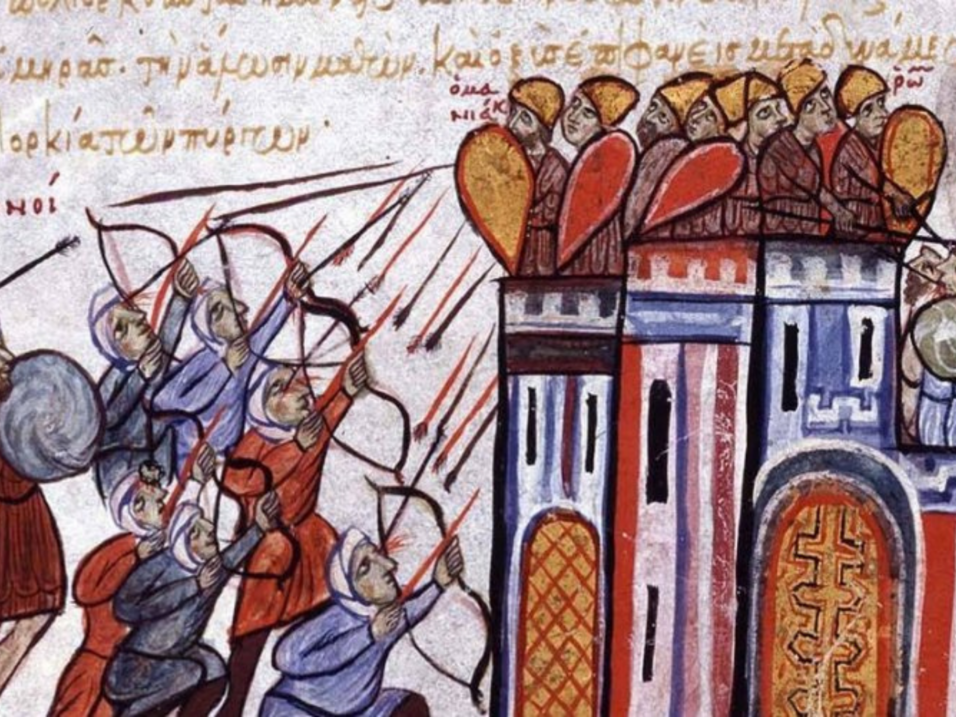Wouldn’t it be nice if historians studying the Middle Ages could work with datasets that reflected the ambiguity, multiplicity of interpretation and difference of conclusion that we work with in our analog sources every day? In this talk, Tara Andrews described an experimental approach to representing historical data in digital form, in particular in situations where there are multiple and contested readings of that information. See more information here (pdf).
Digital Models for History: What to Do When the Facts Are in Doubt?

